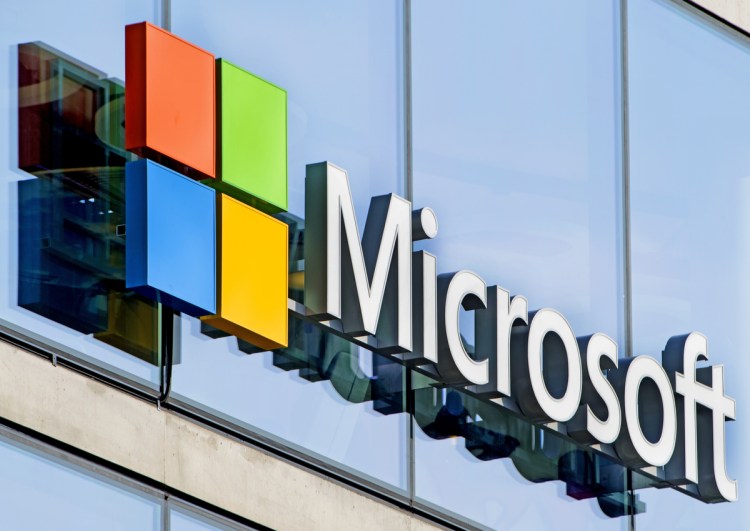Microsoft continues to evolve its blockchain services with the launch of Azure Blockchain Service, a fully managed service that’s designed to remove the complexity and pain points of creating and maintaining blockchain networks. In a blog post, Microsoft said, “With a few simple clicks, users can create and deploy a permissioned blockchain network and manage consortium policies using an intuitive interface in the Azure Portal.”
The company has been actively building up to this release. Last year saw Microsoft roll out Azure Blockchain Workbench, which Microsoft communication director Frank Shaw described in a call as “a simple UI to model blockchain applications on a pre-configured, Azure-supported network.” In November, developers got access to the Azure Blockchain Developer Kit that extended the capabilities of the Blockchain Workbench and focused on “connecting interfaces, integrating data and systems, and deploying smart contracts and blockchain networks,” per a Microsoft blog post.
Azure Blockchain Service is launching in preview, but Microsoft said that the first company to take advantage of it is J.P. Morgan, with its Ethereum-based Quorum ledger. But it’s just one of the companies that’s already using Microsoft’s blockchain services — a roster that includes Interswitch, Buehler, and Starbucks. “Rather than just releasing a bunch of technologies, we’re really battle-testing it with compelling use cases that really move the needle in terms of businesses,” said Scott Guthrie, Microsoft executive vice president, in a briefing.
He talked about how blockchain is complementary to existing databases, rather than a replacement for them. “Sometimes you get wrapped up in trying to make the new thing do the exact same thing as the old thing. I think that’s true not just with blockchain and databases, but even in the database world,” he said, adding, “I think what we’ll see is that people will continue to use traditional databases, and they’re going to augment certain business processes that do have more of a distributed ledger-type use case. They’re going to augment them with blockchain as a service, and I think that is a win-win for everyone.”
June 5th: The AI Audit in NYC
Join us next week in NYC to engage with top executive leaders, delving into strategies for auditing AI models to ensure fairness, optimal performance, and ethical compliance across diverse organizations. Secure your attendance for this exclusive invite-only event.
The announcement paces Microsoft with Amazon, which released its own fully managed blockchain service this week. Amazon Managed Blockchain is rolling out gradually, starting in northern Virginia. It will support Ethereum at some point, but for now is limited to Hyperledger Fabric.
Guthrie said that the difference he sees so far between Amazon’s managed blockchain service versus Microsoft’s has much to do with the companies that are already using Azure Blockchain Service. “The notion of a distributed ledger is powerful when you have a consortium of other partners that are contributing and want to integrate with it,” he said, noting that when there are enough consortia created, that’s when the real value to businesses becomes apparent. “Whenever that happens, you see deployment starts to accelerate.”
One key customer using the Azure blockchain? Microsoft. “We’re using it today in places inside our supply chain — obviously in addition to working with our partners,” he said.
Along with the release of Azure Blockchain Workbench, Microsoft rolled out an extension for VS Code to make it easier to set up, compile, and deploy Ethereum smart contracts. Users can put them in a public blockchain or an Azure Blockchain Service consortium network. Application launching help comes through connectors and templates for Logic Apps, Flow, and Azure functions.
Interested parties can dive into Azure Blockchain Service now, with a free Azure account and $200 for the first network. Microsoft is also providing a web series called Block Talk to offer guidance on how to set up and run a blockchain network and smart contracts, as well as the Azure Blockchain Dev Kit.
Update, 2:35 p.m. PT: Added comments from Scott Guthrie.


